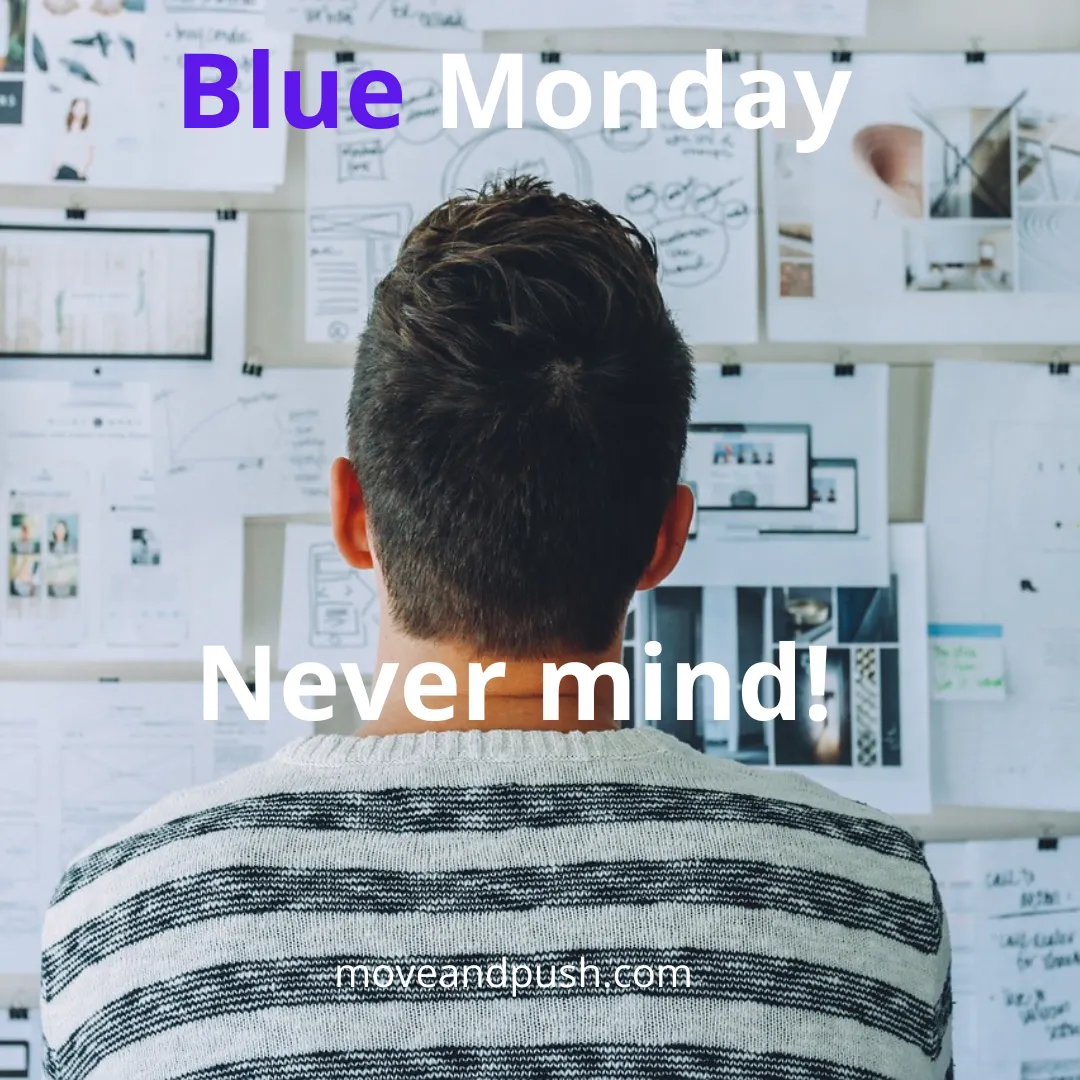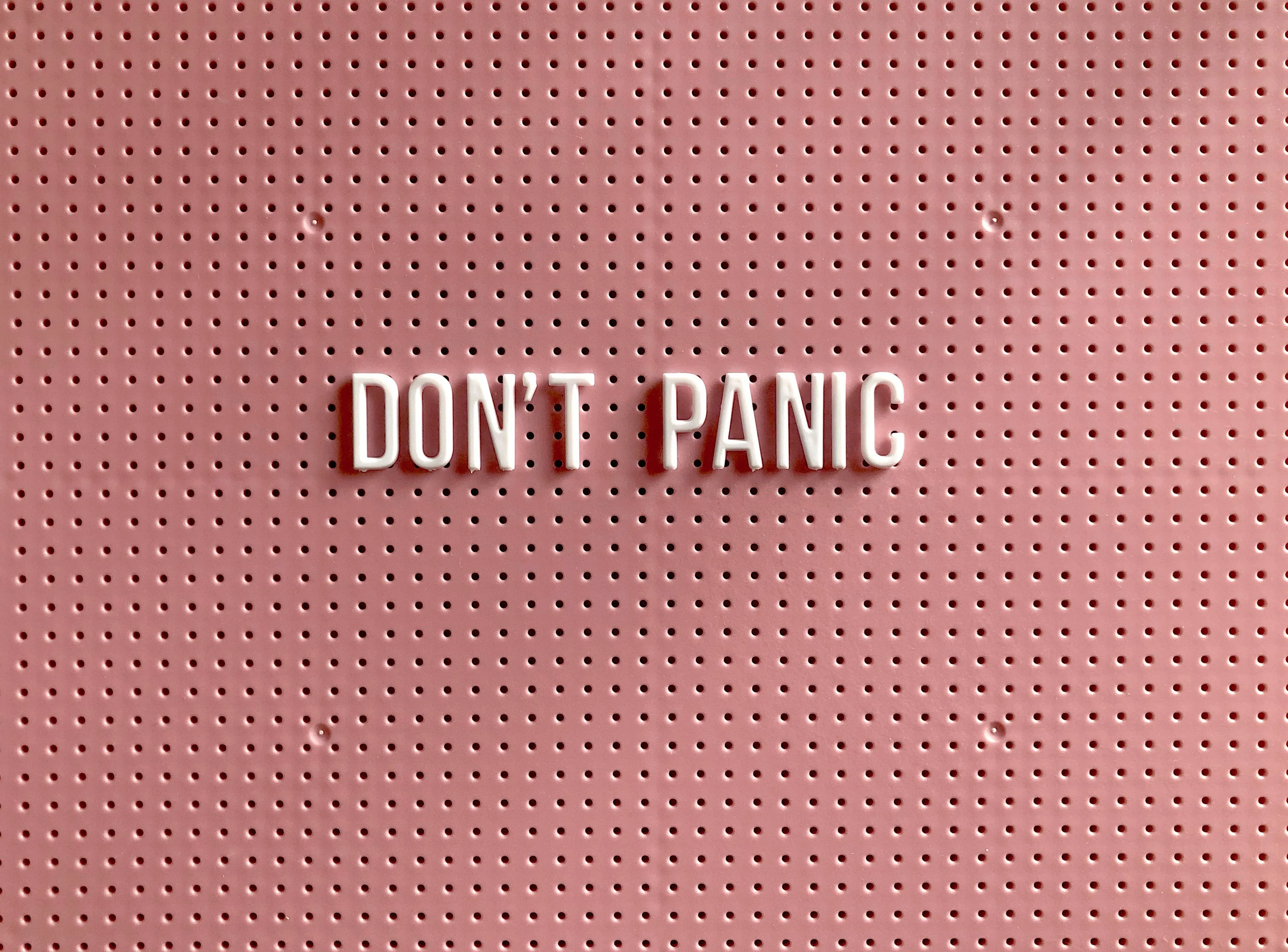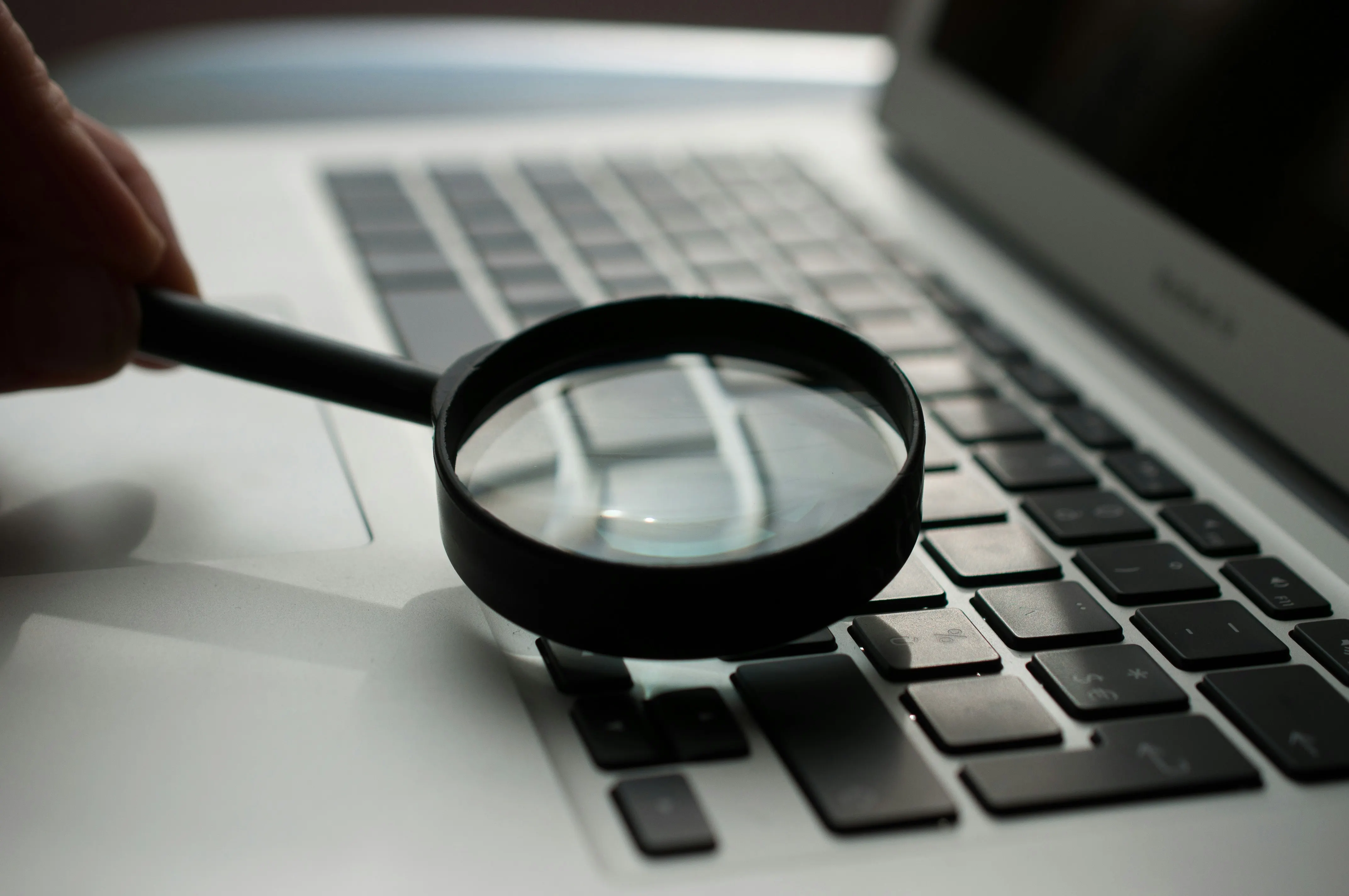Stress Management Techniques for Busy Digital Marketers
The fast-paced, high-pressure environment of digital marketing can lead to significant stress. However, managing stress is crucial to maintaining productivity, creativity, and overall well-being. Here are some effective stress management techniques specifically tailored for busy digital marketers.
1. Prioritize and Organize Your Tasks
One of the most effective ways to manage stress is to stay organized. Use tools like to-do lists, project management software, and calendars to prioritize your tasks. Break down large projects into smaller, manageable steps and focus on completing one task at a time.
2. Practice Mindfulness and Meditation
Mindfulness and meditation can help reduce stress by promoting relaxation and mental clarity. Set aside a few minutes each day to practice mindfulness. Apps like Headspace or Calm can guide you through meditation sessions, helping you stay grounded and focused.
3. Take Regular Breaks
Working non-stop can lead to burnout and decreased productivity. Incorporate regular breaks into your schedule to rest and recharge. Techniques like the Pomodoro Technique, which involves working for 25 minutes followed by a 5-minute break, can help maintain high productivity levels.
4. Engage in Physical Activity
Physical activity is a powerful stress reliever. Exercise releases endorphins, which are natural mood boosters. Whether it’s a brisk walk, a yoga session, or a workout at the gym, regular physical activity can significantly reduce stress levels.
5. Connect with Others
Human connections are essential for reducing stress. Make time to connect with colleagues, friends, and family. Talking about your stressors and seeking support can provide new perspectives and help you feel less isolated.
6. Practice Deep Breathing Exercises
Deep breathing exercises can quickly calm your mind and reduce stress. Techniques such as diaphragmatic breathing or the 4-7-8 method can be practiced anywhere and anytime you feel overwhelmed. These exercises slow down your heart rate and promote relaxation.
7. Set Realistic Goals
Setting unrealistic goals can increase stress and lead to frustration. Be realistic about what you can achieve in a given timeframe. Break down your goals into smaller, achievable tasks, and celebrate your progress along the way.
8. Limit Caffeine and Sugar Intake
While caffeine and sugar can provide a temporary energy boost, they often lead to energy crashes and increased stress. Limit your intake of caffeinated beverages and sugary snacks. Opt for healthier alternatives like herbal teas, nuts, and fruits.
9. Create a Healthy Work Environment
Your work environment can significantly impact your stress levels. Ensure your workspace is comfortable and ergonomically set up. A clutter-free, well-organized space can help reduce stress and increase productivity.
10. Seek Professional Help if Needed
If stress becomes overwhelming, don’t hesitate to seek professional help. A therapist or counselor can provide valuable tools and strategies for managing stress. Many online resources and virtual therapy options are available for busy professionals.
How I do it
I am by nature a very calm person, but can of course be stressed by external events and circumstances, which make me feel that I don't really have the control that I wanted at the moment.
I use more or less all the points above, but what has the best effect on my condition is to do things a little more slowly than I usually do. 15 minutes is usually enough, then I'm down and this state lasts quite a while.
When I start doing my tasks at a slower pace, I notice that my thoughts also calm down.
This way I get more energy and am more focused on my task.
















